Warnings of retaliation after Afghan massacre
A day after the brutal murder of 16 civilians, allegedly killed by a U.S. soldier, the Taliban announced revenge against "the occupier and savage murderers".
Monday, 12.03.2012.
11:13

A day after the brutal murder of 16 civilians, allegedly killed by a U.S. soldier, the Taliban announced revenge against "the occupier and savage murderers". The Taliban have vowed vengeance against the "insane American savages" in the wake of the massacre. Warnings of retaliation after Afghan massacre Among the victims are nine children. The Afghan Taliban insurgents announced on their website that they will "take revenge on the occupier and the savage murderers of each martyr." The Taliban reaction came several hours after the U.S. embassy in Kabul urged American citizens to take extra precautions because of the risk of anti-American sentiments and protests in the coming days, especially in eastern and southern provinces of Afghanistan. The sergeant who killed 16 civilians, mostly women and children was in Afghanistan was on a special assignment - to establish trust among the local population. The perpetrator of the massacre was supposed to work in joint patrols with local residents. An unnamed U.S. official said the soldier I left the military base in Panjwai alone, before dawn, and opened fire on members of several families who were sleeping in their homes in two villages near the base. After the attack the soldier reportedly he returned to base and surrendered. He was arrested under the supervision of the ISAF soldiers, a military mission led by NATO. According to the command of ISAF, the perpetrator "suffered a nervous breakdown." The residents said that the soldier entered at least three local homes, and even set fire to the bodies of some victims. In one family alone the U.S. soldier killed 11 people, nine of his victims children. New details of the crime, however, suggests that the ISAF command in Afghanistan is trying to hide the suspect's accomplices in the slaughter. Rahum Abdul Ayub, an MP in the Afghan parliament from the Kandahar province where the massacre took place, expressed doubt that the "only one American soldier could cover the ground in the stretch of two kilometers, and at the same time burn the dead bodies." "One man can not kill so many people. There must be many people involved," said the locals, who testified that shots were heard from many sides. Afghan President Hamid Karzai also did not exclude the possibility that more than one U.S. soldier took part in the massacre. A 15-year-old survivor who was shot in the leg told Karzai in a telephone conversations that "soldiers broke into his house, woke up his family and started shooting them." The incident was immediately met with harsh condemnation of Karzai and his U.S. counterpart, as well as the U.S. Secretary of Defense. Civilian casualties, and now increasingly the victims of such crimes, are a major source of contention between the Afghan government and international coalition forces led by NATO. The tragedy of Panjwai is likely to have far reaching consequences on the already strained relations of Afghanistan and the U.S., analysts have said. The bodies of the victims are removed from one of the scenes (Beta/AP) B92 Beta Tanjug
Warnings of retaliation after Afghan massacre
Among the victims are nine children. The Afghan Taliban insurgents announced on their website that they will "take revenge on the occupier and the savage murderers of each martyr."The Taliban reaction came several hours after the U.S. embassy in Kabul urged American citizens to take extra precautions because of the risk of anti-American sentiments and protests in the coming days, especially in eastern and southern provinces of Afghanistan.
The sergeant who killed 16 civilians, mostly women and children was in Afghanistan was on a special assignment - to establish trust among the local population.
The perpetrator of the massacre was supposed to work in joint patrols with local residents. An unnamed U.S. official said the soldier I left the military base in Panjwai alone, before dawn, and opened fire on members of several families who were sleeping in their homes in two villages near the base.
After the attack the soldier reportedly he returned to base and surrendered. He was arrested under the supervision of the ISAF soldiers, a military mission led by NATO.
According to the command of ISAF, the perpetrator "suffered a nervous breakdown."
The residents said that the soldier entered at least three local homes, and even set fire to the bodies of some victims.
In one family alone the U.S. soldier killed 11 people, nine of his victims children.
New details of the crime, however, suggests that the ISAF command in Afghanistan is trying to hide the suspect's accomplices in the slaughter.
Rahum Abdul Ayub, an MP in the Afghan parliament from the Kandahar province where the massacre took place, expressed doubt that the "only one American soldier could cover the ground in the stretch of two kilometers, and at the same time burn the dead bodies."
"One man can not kill so many people. There must be many people involved," said the locals, who testified that shots were heard from many sides.
Afghan President Hamid Karzai also did not exclude the possibility that more than one U.S. soldier took part in the massacre.
A 15-year-old survivor who was shot in the leg told Karzai in a telephone conversations that "soldiers broke into his house, woke up his family and started shooting them."
The incident was immediately met with harsh condemnation of Karzai and his U.S. counterpart, as well as the U.S. Secretary of Defense.
Civilian casualties, and now increasingly the victims of such crimes, are a major source of contention between the Afghan government and international coalition forces led by NATO.
The tragedy of Panjwai is likely to have far reaching consequences on the already strained relations of Afghanistan and the U.S., analysts have said.










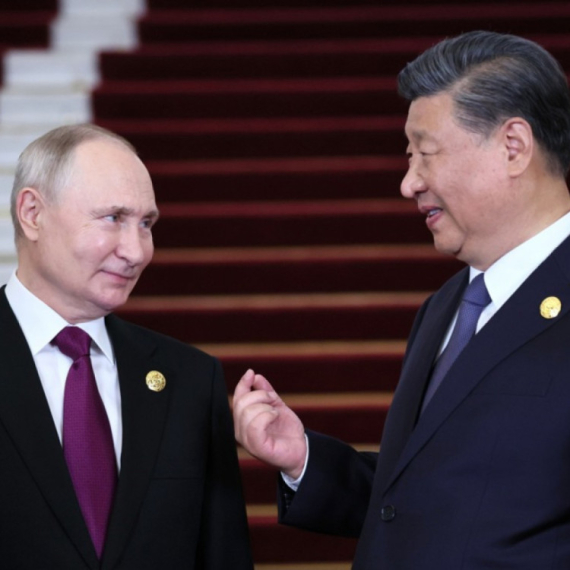

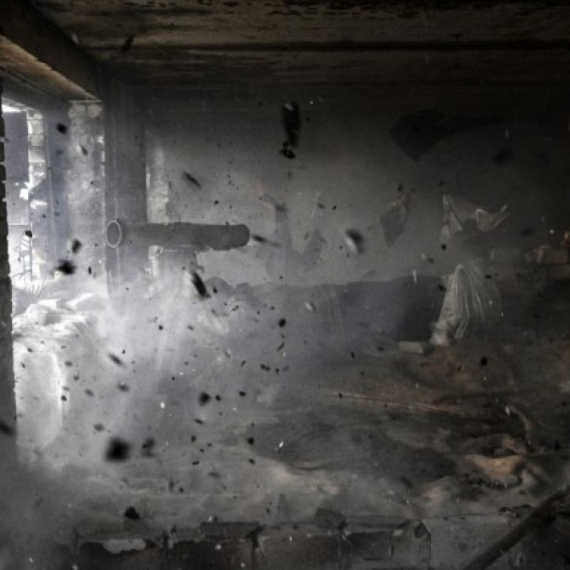

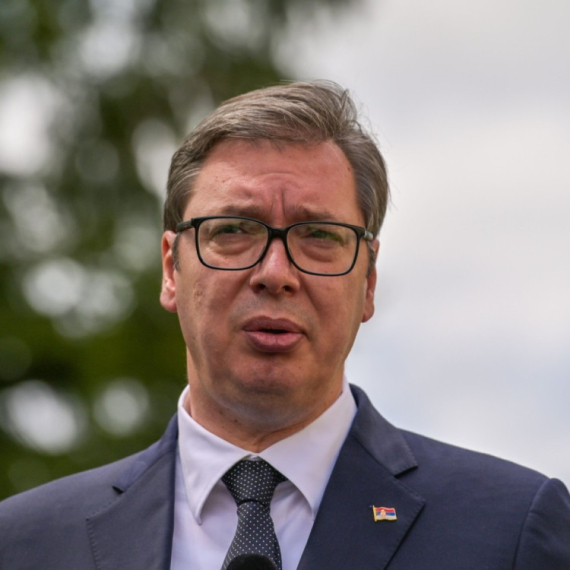
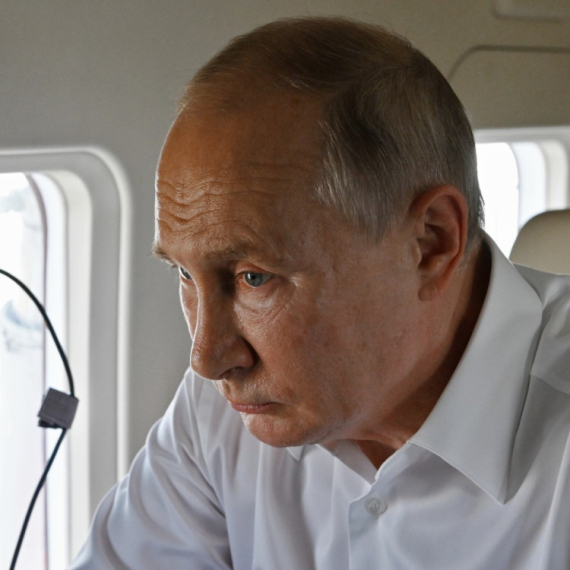
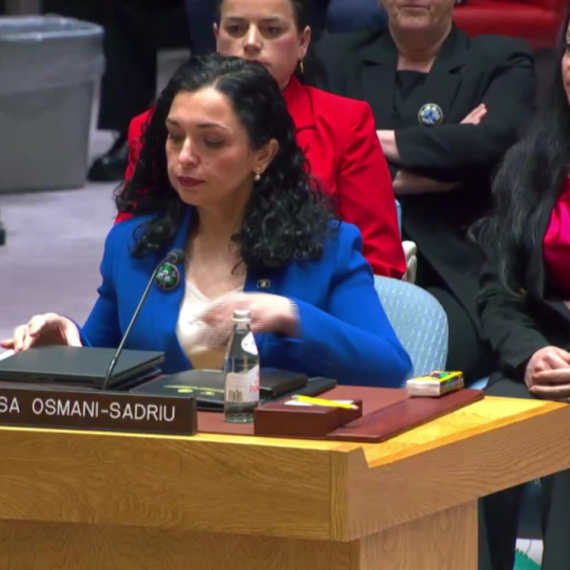

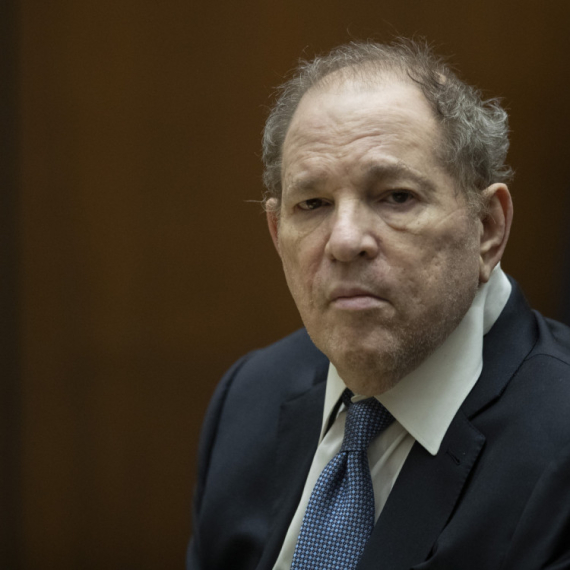






































Komentari 8
Pogledaj komentare